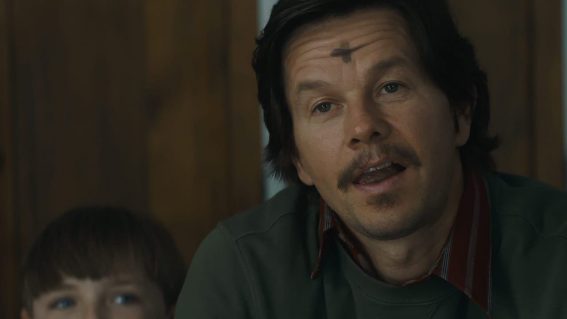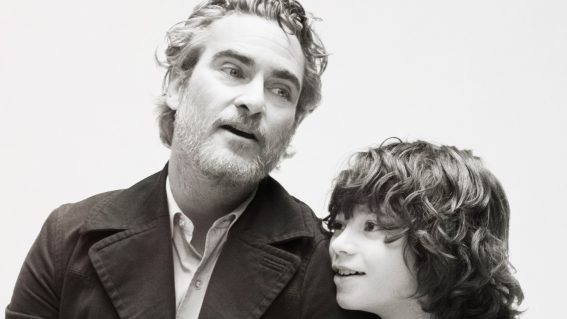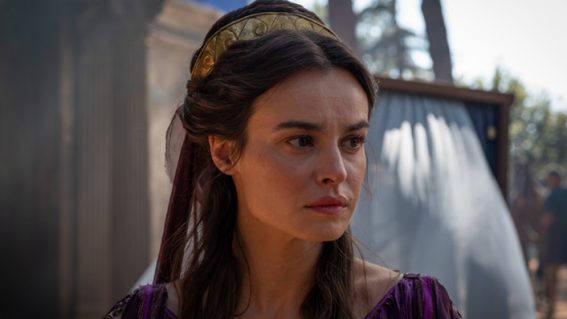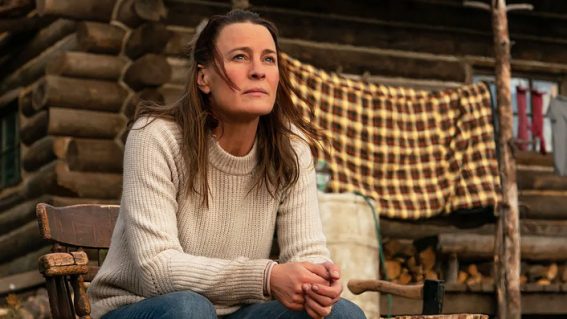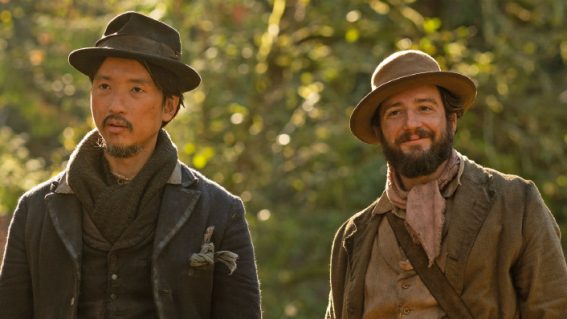Mark Wahlberg seeks repentance in the passionless religious drama Father Stu
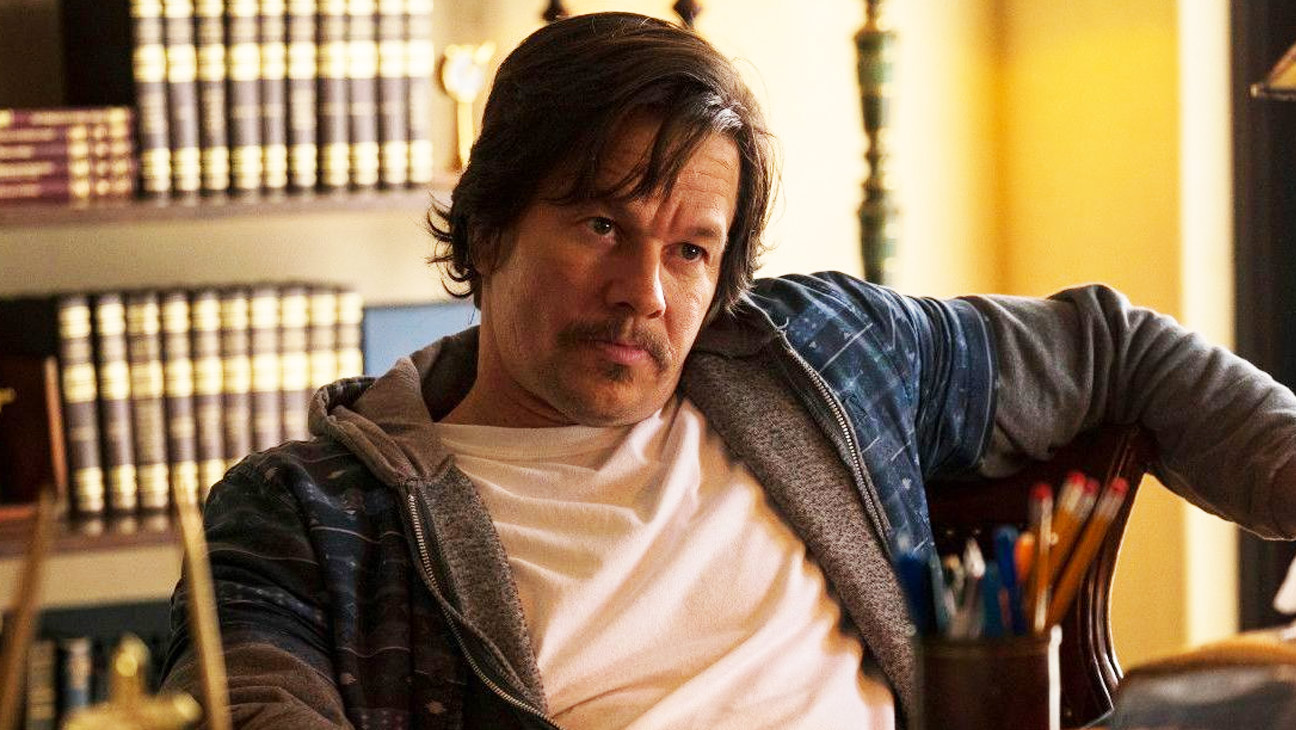
Casting Mark Wahlberg and Mel Gibson in a religious drama about redemption feels like a calculated move to address each star’s own moral failings—but Travis Johnson isn’t buying it.
Mark Wahlberg is the titular Stuart Long, the real-life figure whose path took him from amateur boxing to a misjudged stab at making it as an actor in Hollywood before a post-motorcycle accident religious conversion pushed him towards Catholicism and the seminary. Unfortunately, Long succumbed at the age of 50 to inclusion body myositis—a raredegenerative muscle disorder—keeping up his religious duties towards the end of his life even as his physical capabilities were gradually taken from him.
You can see the appeal of Long’s story to the Catholic mindset, which puts a great deal of stock in redemption through religious devotion and suffering as penance. Wahlberg, the star and producer who worked to mount the film for years, no doubt sees parallels between his own life and Long’s. Like Wahlberg, Long is portrayed as a self-centred tearaway who found grace later in life, although Long’s indiscretions don’t exactly match Wahlberg’s history of racist violence.
Which is a problem if the viewer who cannot or does not separate the art from the artist. We must ask if this story is about Long’s redemption or Wahlberg’s rehabilitation—or at least the rehabilitation of his image, a kind of line in the sand of history separating Marky Mark from Mark Wahlberg.
This question is made more pertinent by the inclusion of Mel Gibson, another prominent Catholic with a history—what should we call it, controversial behaviour?—who here gets his own redemption arc as Bill, Long’s alcoholic father, who finds grace in the Catholic faith following his son’s late life conversion. Of course, nothing Bill does in the film is as bad as Gibson’s real-life behaviour, so maybe grace is within easier reach for the character rather than the actor portraying him.
In Father Stu, none of Long’s youthful sins—which largely involve hubris, premarital sex, and the odd bar brawl—are all that cardinal, and neither are Bill’s, which makes both characters’ roads to redemption not particularly steep. But in casting himself and Gibson in these roles, Wahlberg is asking us to link the actors with their parts in our minds, conflating real life with screen life. If the characters’ transgressions aren’t really that bad, then maybe Marky and Mel are okay, too?

That doesn’t fly. Not because redemption and restoration are impossible in the real world—they must be, or we’re all doomed—but because the whole exercise feels disingenuous. If we’re going to talk about faith-based films we should do so in good faith, but Father Stu feels both too calculated and too slight. It doesn’t feel like an explication of Wahlberg’s own beliefs, and it treats Long’s actual journey so carefully and reverently that it robs it of any narrative power. Compare it to, say, Martin Scorsese’s religious films or even Gibson’s own The Passion of the Christ and you can see what is lacks: serious inquiry, fervour, passion.
All that might be forgivable if Father Stu worked as a straight drama, but lacklustre pacing, shallow characterisation, and a lack of meaningful conflict render the film mostly inert. First time writer and director Rosalind Ross is largely voiceless, leaving no discernible mark on the material presented. Much as we never get a sense of Long’s interiority, and the emotional, intellectual, and spiritual changes that took home from the boxing ring to the pulpit, we also don’t get a read on Ross as an artist. We can say, as the credits do, that she wrote and directed the film, but what she actually thinks of the story as presented is anyone’s guess.
There’s every chance that the life of Father Stuart Long might have yielded an exemplary film in the right hands. Here, under the guidance of Wahlberg and first time writer/director Rosalind Ross, it just feels like PR.







